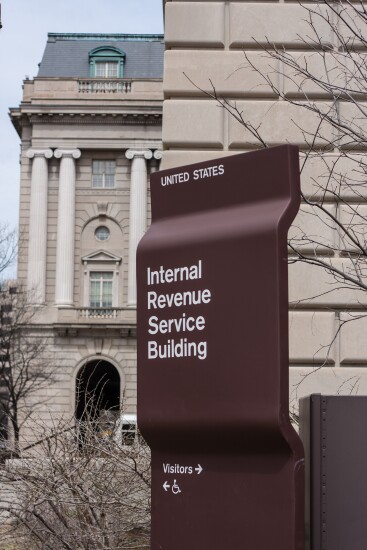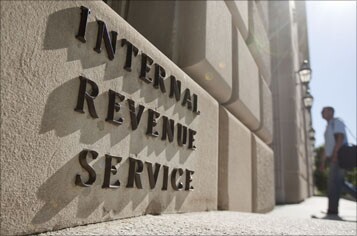Practitioner groups are taking their members’ concerns to Washington.

<P>
In recent weeks, the American Institute of CPAs, the National Conference of CPA Practitioners, the National Association of Enrolled Agents and others have visited congressmen, senators and White House staffers, and also joining other groups like the National Society of Accountants, the National Association of Tax Professionals, Padgett Business Services and others are reaching out to lawmakers on issues like improving the Internal Revenue Service.
Here are 11 of the top topics they’re raising on Capitol Hill and in the White House.

Tax reform

IRS modernization

Mobile workforce legislation

IRS regulation of tax preparers

Online professional accounts

Modifying the Form 1040

Easing of RMD rules

Full deductibility of LTCI premiums

Tax preparation and representation fees

S corp rental deduction






